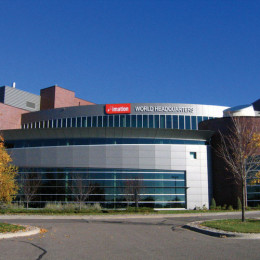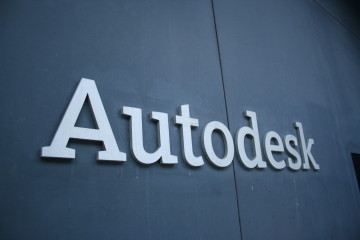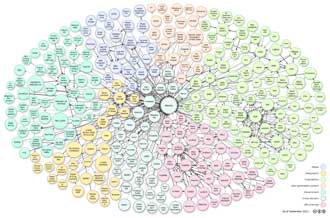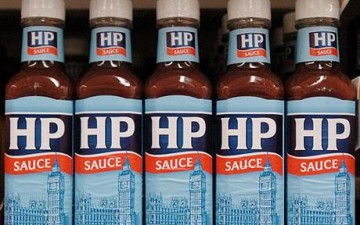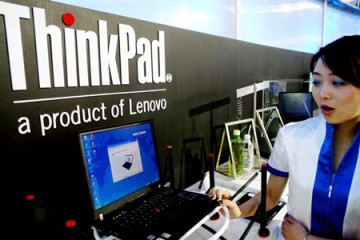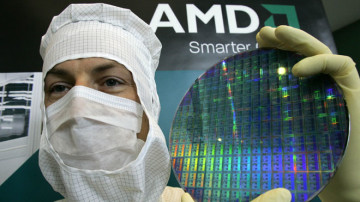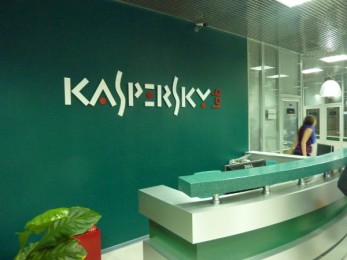 Google has released a new advertising project called Customer Match, lets advertisers upload their customer and promotional email address lists into AdWords.
Google has released a new advertising project called Customer Match, lets advertisers upload their customer and promotional email address lists into AdWords.
The new targeting capability extends beyond search to include both YouTube Trueview ads and the newly launched native ads in Gmail.
It is the first time Google has allowed advertisers to target ads against customer-owned data in Adwords. Google matches the email addresses against those of signed-in users on Google. Individual addresses are hashed and anonymized. Advertisers can set bids and create ads specifically geared to audiences built from their email lists.
In the past Advertisers could serve ads to site visitors and customers with display ads using retargeting lists captured in Google Analytics. Another product, Retargeting Lists for Search Ads (RLSA), allows users to bid on and serve ads tailored to audiences when they search on Google. Retargeting lists are built with cookies, which users can delete or block and aren’t suited for mobile. Email addresses and user sign-ins, on the other hand, are more stable across devices.
The Customer Match offering brings Google into line with those available from both Facebook and Twitter. Enabling CRM uploads and targeting has been incredibly successful for Facebook, and Twitter and advertisers have been pushing for Google to do the same.
In addition to reaching existing segments such as newsletter subscribers, recent buyers or loyalty program participants, advertisers can target new prospects with an expansion of Similar Audiences.
To get started with Customer Match, advertisers upload their email lists to Audiences within AdWords either manually or via the API. There is no limit to the number of lists.




